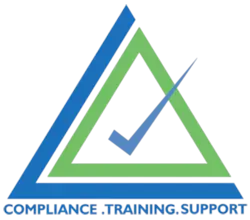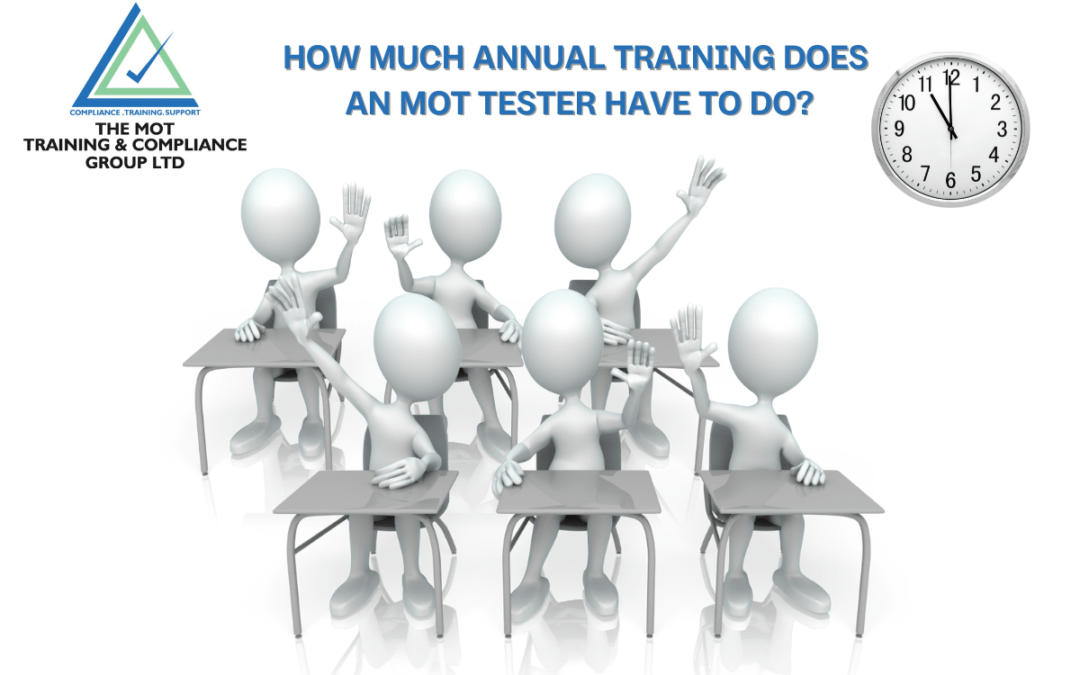How Much Annual Training Does an MOT Tester Need to Do?
If you’re a qualified MOT tester, you already know that MOT training is a key part of staying compliant with the DVSA’s standards. But how much annual training do you need to do to maintain your role as an MOT Tester? And what exactly should your MOT Tester training cover?
The Magic Number: 3 or 6 Hours
If you’re just MOT testing cars and passenger vehicles (group B), you’ll need to complete just 3 hours of annual training.
However, if you’re one of the MOT testers qualified to carry out both car and bike MOT tests (groups A & B), you’re looking at having to complete 6 hours of MOT testing training each year.
Double the work, double the knowledge – and probably double the fun (depending on how much you love motorcycles, of course!)
What are the MOT Tester Training Topics Set by the DVSA?
It’s important to remember that not all training counts. The DVSA is very specific about what you need to focus on to maintain your status as a qualified MOT Tester. You can’t just brush up on any random automotive knowledge and call it a day – the training has to be directly related to the topics set by the DVSA that are directly related to your role as an MOT Tester.
[Shameless plug: We can provide MOT Testers with an annual training package, to make sure you’re kept up to date.]
Currently, the DVSA states that you must complete MOT Tester training in the following areas:
- Corrosion and Standards of Repair
Got rust? Well, you’ll need to brush up on what counts as acceptable corrosion and what needs fixing. There’s no cutting corners when you’re an MOT Tester! - Vehicle Classification
Can you tell the difference between a car and a van at 20 paces? To stay ahead in the MOT testing game, you’ll need to know your classifications inside out. - Test Procedures
Think of this as your MOT Testing recipe book. You have to know the correct procedures like the back of your hand – it’s all about consistency and accuracy. - The MOT Manual and Guide
You need to stay on top of any MOT updates, which means spending time going through these essential guides. Here are the links:MOT inspection manual for motorcycles and sidecars
MOT inspection manual for cars and passenger vehicles
These topics are non-negotiable so make sure you’re up to speed with the latest rules and best practices, ensuring you’re giving the vehicles the correct pass or fail.
MOT Tester Assessments
Proof You’ve Done Your Homework
Along with the annual training, there’s also the little matter of the assessment. At the end of your MOT tester training, you’ll be tested on your knowledge of the year’s topics (it can be done at any point in the year, as long as you’ve completed the MOT training).
This isn’t just a box-ticking exercise – you need to pass the assessment to continue as an MOT tester (the current pass mark for 1 April 2024 to 31 March 2025 is 80%). So, it’s time to dust off those training manuals and make sure you’re not just coasting through.
Why Is MOT Tester Training So Important?
For those of you who might be tempted to hit “snooze” on your MOT Tester training, it’s worth remembering that an MOT test is a vital safety check. The DVSA doesn’t set the MOT training standards to be purposely difficult – they do it to ensure that everyone is working to the same standards and is up to date on current policy/guidance. Your role is a crucial one, and your MOT tester training ensures that you’re equipped to catch faults, maintain high standards, and contribute to road safety.
When’s the MOT training deadline?
The training year runs from 1 April to 31 March, so make sure you’ve logged those hours and passed your MOT Tester assessment before the clock strikes midnight on 31 March. We know how busy life can get in an MOT testing station, but don’t leave your training to the last minute – nobody enjoys a rushed assessment!
If you haven’t passed the assessment by the end of the training year, you must stop carrying out MOT tests and your MOT testing account will be suspended!
What About Other Industry Training?
While it’s crucial to stay current with the DVSA’s mandated topics, any extra training you do can still be valuable. Staying on top of advancements in automotive technology, customer service, or garage management might not count towards your annual MOT tester requirements, but it will certainly make you a better, well-rounded tester.
Final Thoughts
So, how much training does an MOT tester really need? Just remember: it’s 3 or 6 hours, depending on your qualifications, and it’s all about the topics set by the DVSA. Stick to the guide, ace your assessment, and you’ll be well on your way to another year of keeping Britain’s roads safe.
Stay sharp, keep learning, and make sure you’ve always got one eye on the MOT Manual – because those corrosion checks aren’t going to learn themselves!
If you need more help with Annual Training requirements, including info on how to keep your training records, check out our Guide to Annual MOT Tester Training Without the Stress! or drop us an email to support@themotgroup.co.uk
You can find details of all our training course on our website: MOT TRAINING

